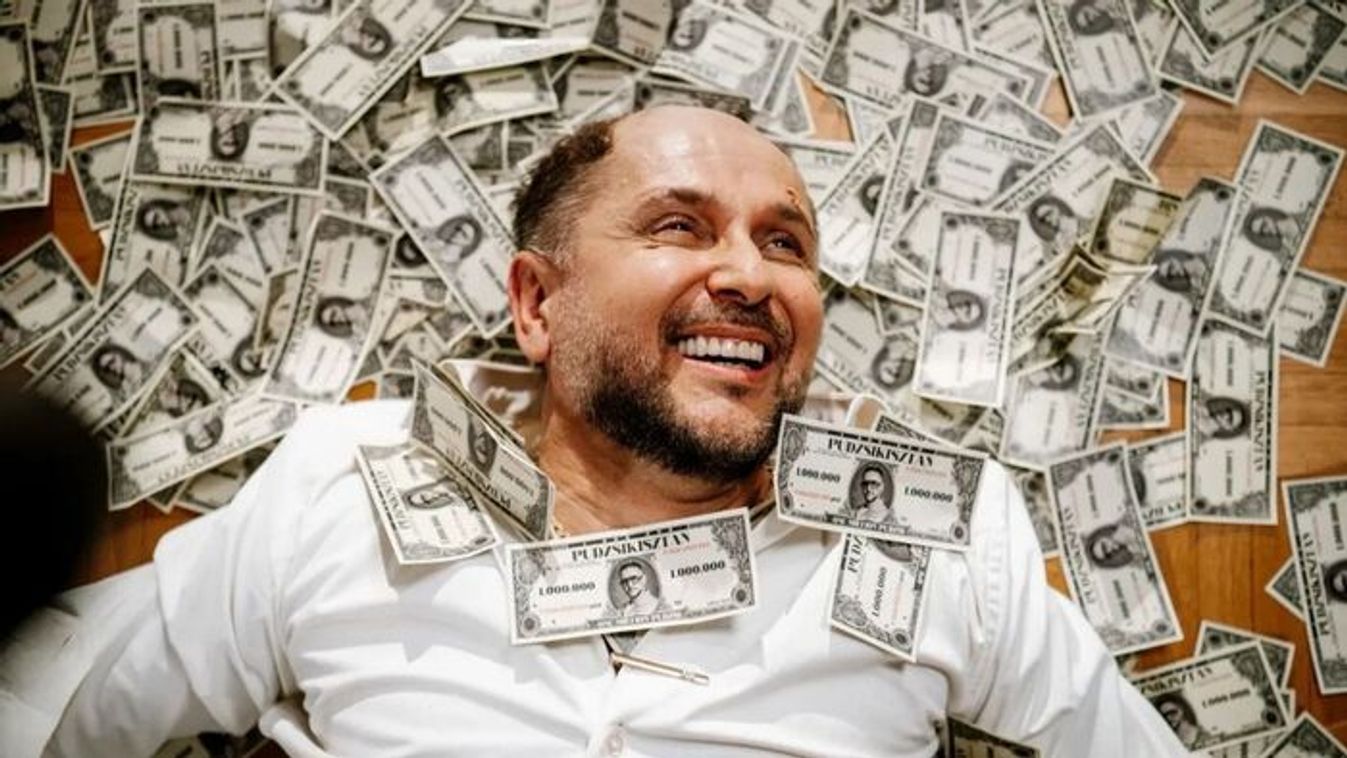Bindzsisztán fáj? Akkor talán nem kéne magadra venni

Aki nem érzi magát bűnösnek, azt nem zavarja a tükör.

With his new term in office, Orbán will likely continue his drive to become another nominal democrat who has used a temporary electoral supermajority to entrench himself for the long haul.
„Europe is now having what might be described as a moral crisis over basic principles, a crisis that started in Hungary but is spreading beyond its borders. In the summer of 2012, Romanian Prime Minister Victor Ponta launched a constitutional coup against his country’s sitting president, aping Orbán by openly pressuring the judiciary. In April 2013, the government of Mohamed Morsi in Egypt followed Orbán’s lead by lowering the retirement age of judges, which made the most senior judgeships targets of political replacement. The provisional government of Ukraine established in March did not fear international criticism when it allowed the far right to play such a large role in the new government, precisely because Orbán was able to get away with playing openly with the far right for years. (...)
But in Hungary, conventional human-rights violations are not the primary problem. Dissidents opposed to the Fidesz regime are free to speak, free to publish, free to oppose the government, free to take to the streets, free to exercise their civil liberties. Of course, the government-controlled media—which constitute virtually the entire media sector—don’t have to publicize what they say. But dissidents are free to say it. And opponents of the regime have so far been free to demonstrate, as long as they don’t use the spaces reserved for government-friendly groups, which for some time included all the major squares in Budapest.
No, the price that dissidents pay is economic, because the government systematically denies both individuals and families any connection to the legitimate economy. In an age of austerity, however, economic intimidation can be ruthlessly effective without violating conventionally protected rights. Best of all for the government, the cruelty seems inflicted by economics, not politics. If those in the political opposition must leave the country to make a living—especially when the European Union protects the right to do so—how are their human rights being violated?
With his new term in office, Orbán will likely continue his drive to become another nominal democrat who has used a temporary electoral supermajority to entrench himself for the long haul, joining the likes of Russia’s Vladimir Putin and Turkey’s Recep Tayyip Erdogan. Observers expect Orbán to nationalize at least 50 percent of the banking sector, along with major utilities, and to continue his »Eastern Opening,« seeking allies and financial resources from the less democratic regimes of Eurasia. Orbán has already shown some success at shoring up a failing economy by negotiating loans from sources that do not require either austerity or compliance with basic democratic principles and the rule of law, but only political loyalty.
Above all, Orbán seems prepared to stay in power by any means necessary. Before the 2010 election, he gave an uncharacteristically candid speech, one in which he expressed his vision of politics. Speaking in Kötcse, a small village in southern Hungary, in September 2009, he criticized the »divided field of power« that characterized the country at that time, referring to the multiparty system with its competing ideas about politics. Then he dared to dream, predicting that »a large governing party with a central political field of power will be established, one which will be capable of formulating national concerns, doing so without continuous arguments, naturally representing these in its own way.« It would exist for at least fifteen or twenty years without conflict or contention, he promised. The 2014 election shows that Viktor Orbán’s vision at Kötcse will challenge European values for some time.”